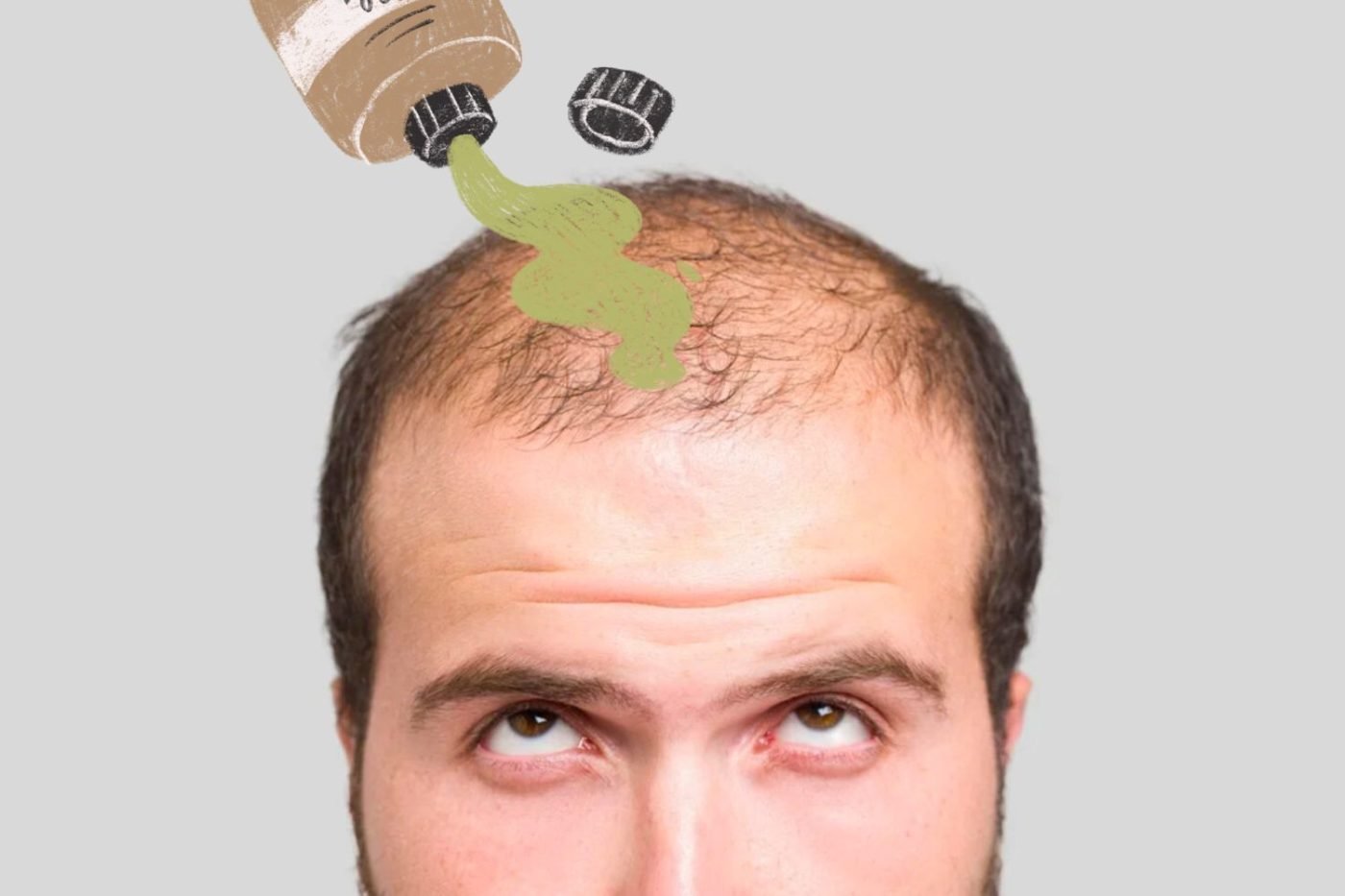For decades, the baldness industry has thrived on overpromising and underdelivering. From late-night infomercials to heavily marketed supplements, most so-called cures have failed to offer real results. But a team of scientists at UCLA may have finally cracked it: a topical cream that doesn’t just slow hair loss, it may actually reverse it. Early tests suggest it can stimulate new hair growth in as little as one week.
The compound, known as PP405, was developed by regenerative medicine researchers at UCLA and has since been licensed to biotech startup Pelage Pharmaceuticals. Unlike traditional treatments such as minoxidil or finasteride, which either slow the loss or bulk up thinning strands, PP405 targets the root cause of hair loss: the inactivity of hair follicle stem cells.
What Makes It Different?
The secret lies in a metabolic process called mitochondrial pyruvate carrier (MPC) inhibition. Most people don’t realise that hair follicle stem cells often remain present even in balding scalps. They’re just dormant. PP405 works by blocking the MPC pathway, which takes the brakes off these cells and wakes them up. As outlined in the original UCLA research, this reactivation prompts dormant follicles to start producing hair again.
Curated news for men,
delivered to your inbox.
Join the DMARGE newsletter — Be the first to receive the latest news and exclusive stories on style, travel, luxury, cars, and watches. Straight to your inbox.
In preclinical studies, some participants saw up to a 20 percent increase in hair density within eight weeks, while others began noticing new strands emerging in just seven days.
The Money Behind the Molecule
The science alone would be impressive, but PP405 is also attracting serious investment. In 2024, Pelage Pharmaceuticals raised $16.75 million in Series A funding, followed by a further $14 million from Google Ventures (GV). This level of backing is rare in the hair loss space and shows that major players see real potential. The funding was confirmed in this press release from PR Newswire, putting Pelage on the map as a biotech company worth watching.
PP405 is now one of the most well-capitalised baldness treatments in clinical development. Its non-invasive, drug-free formulation could make it a game changer for people who want results without hair transplants or hormone suppression.
What The Trials Reveal
The early data is promising. In a Phase 2a trial involving 78 men and women, participants applied PP405 topically once a day for four weeks. Those using the active formula saw measurable improvements in hair density and visible regrowth, while the placebo group did not. Even more significantly, no systemic absorption of the cream was detected in participants’ blood plasma, which suggests a strong safety profile compared to oral treatments.
What’s Next?
Full-scale Phase 3 trials are expected to begin in 2026, with Pelage aiming for a global release soon after, pending regulatory approval. For those who’ve been let down by miracle cures in the past, this isn’t just another over-the-counter lotion. It’s a clinical candidate backed by serious science and momentum.
We’re not calling it a silver bullet yet, but if the next trials deliver similar results, PP405 could be the most significant leap forward in hair loss treatment in decades. For the millions of men and women who’ve quietly given up on their hairlines, this might be the first real reason to believe again.

